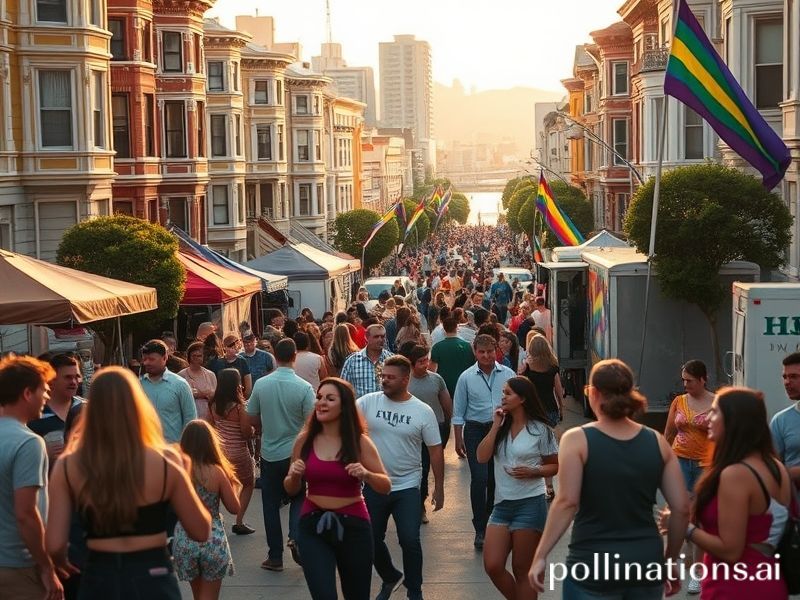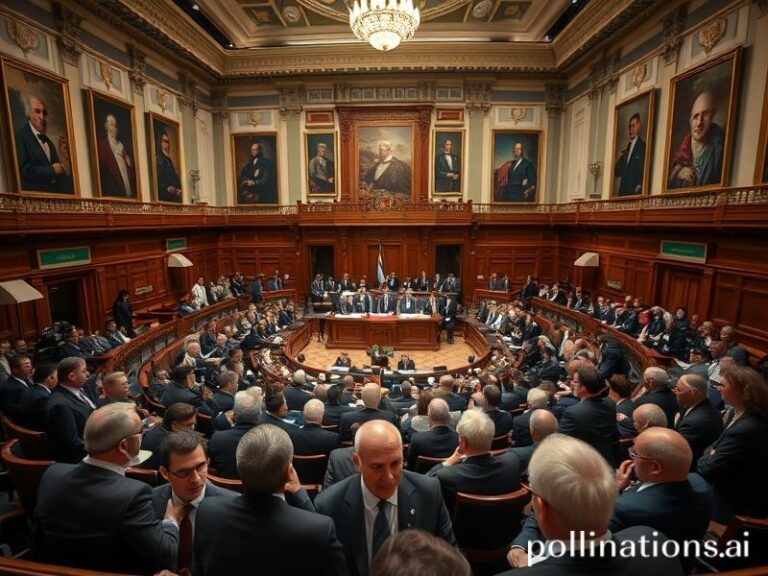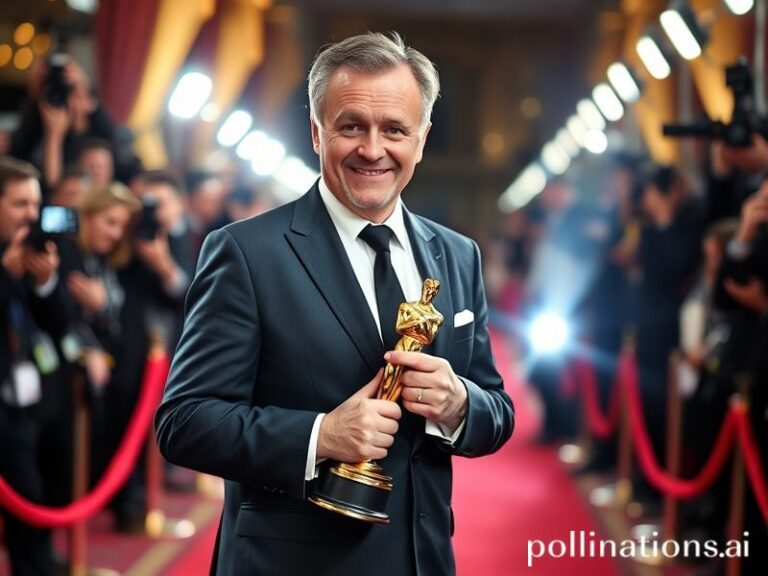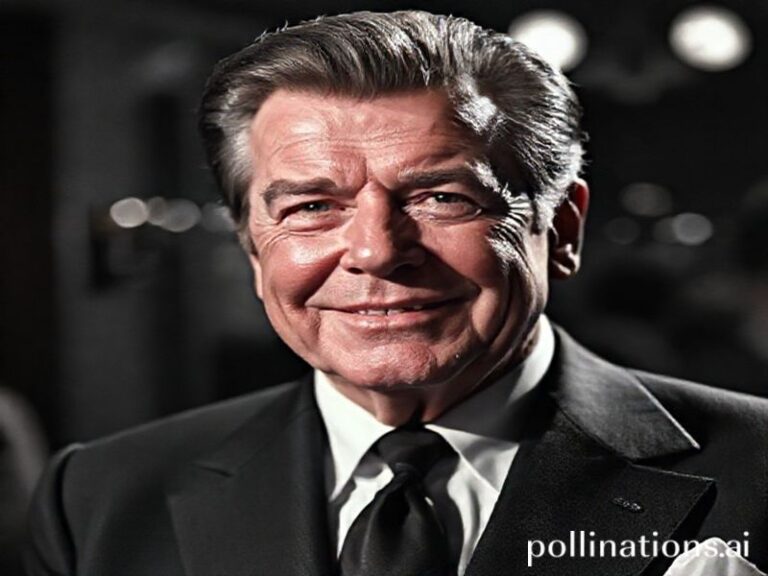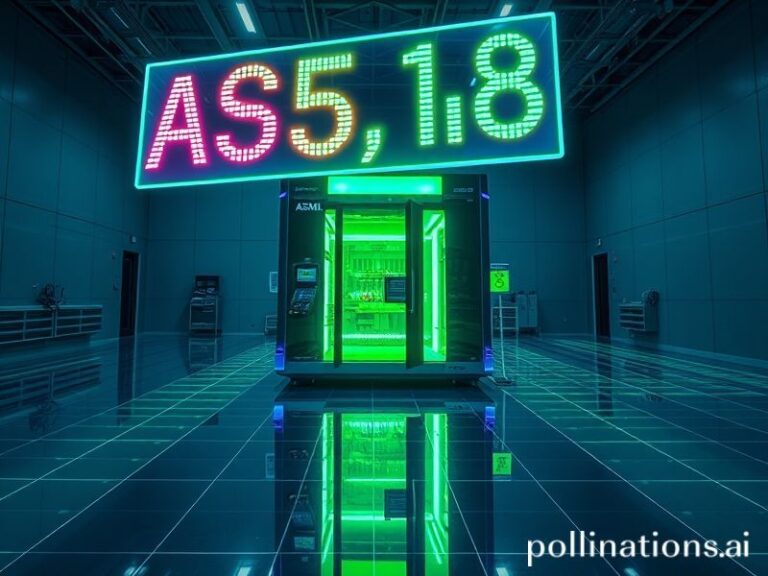Portola Festival: How San Francisco’s Boutique Rave Became a Global Soft-Power Export (and Carbon Guilt Trip)
Portola Festival: San Francisco’s Boutique Rave Ships Its Hangover Around the Planet
By the time the Portola Festival’s final fog-soaked beat dropped last Sunday, the city’s Pier 80 looked like a UN-chartered refugee camp after a particularly stylish apocalypse. Half-dazed Europeans clutched €12 oat-milk lattes, Aussies compared jet-lag horror stories with the serenity of war veterans, and a delegation from Seoul live-streamed their comedown to 3.2 million followers who will almost certainly recreate the entire spectacle—down to the biodegradable glitter—in a parking lot next month. If you ever doubted that a mid-sized American city could still export culture the way it once exported software, the evidence was bobbing in the bay: basslines bouncing off container ships, passports fluttering like backstage passes, and the unmistakable smell of globalized regret.
Portola was never meant to be “global.” When its curators announced a lineup of left-field house, nostalgic electronica, and whatever genre Fred again.. is inventing this week, the pitch was intimate authenticity—San Francisco reclaiming its weird, pre-tech soul. Yet within 72 hours of ticket release, resale prices on Tokyo’s Mercari outstripped rent in Osaka. Berlin DJs—who usually regard any festival west of Amsterdam as an amateur hour—suddenly asked for “Portola clauses” in their riders: a crate of Napa wine, a photo with the Golden Gate, and a promise that no one will mention Silicon Valley. Even the British, who invented snobbery, behaved as if someone had reopened the Haçienda but with better burritos.
The irony, of course, is that the festival’s carbon footprint now resembles a small nation-state. Organizers proudly touted a “zero single-use plastic” policy while 747s full of Europeans traced contrails across the Pacific. Greenpeace volunteers handed out pamphlets on sustainable travel, printed on paper flown in from Finland. Meanwhile, crypto bros—who had purchased lifetime passes with Solana during a bull run—arrived by Uber helicopter, loudly promising to offset emissions with NFTs of dolphins. Somewhere, Greta Thunberg’s eye twitched.
Still, the soft-power math is irresistible. Every Italian who flew home raving about “this insane warehouse vibe” is one less vote for the next far-right cultural subsidy cut. Every Singaporean influencer tagging #Portola translates directly into application spikes at Bay Area art schools, which in turn keeps the local economy humming on overpriced tuition instead of overpriced IPOs. The festival may bill itself as a love letter to analog synths, but it functions like a stealth export strategy—think Voice of America with a 4-on-the-floor kick drum.
Back on the pier, geopolitics played out in micro. The Ukrainian DJ closed with a track that sampled air-raid sirens; the crowd cheered as if irony were a renewable resource. A Chinese fan waved a Taiwanese flag “for the aesthetic,” then spent twenty minutes on WeChat explaining to censors that it was “just vaporwave.” Meanwhile, the Americans—whose passports have become increasingly decorative—discovered that shouting “U-S-A!” during a Swedish techno set is neither charming nor rhythmic.
And yet, for all its contradictions, Portola proved something faintly hopeful: that culture can still move faster than capital, if only for a weekend. The same algorithms that radicalize grandmothers on Facebook were repurposed to create global group chats called “Portola Cigarette Bum Network” and “Lost & Found: One Shoe, Size Who Knows.” A French producer debuted a track built from field recordings of the BART train, and by Monday morning it was charting in Jakarta. Somewhere in the supply chain, a customs officer in Rotterdam seized a shipment of counterfeit wristbands stamped “PORTOLA 2024 – OFFICIAL,” which is either trademark infringement or the sincerest form of flattery.
As dawn broke over the Bay, the last stragglers posed for selfies against the decommissioned cranes—giant steel dinosaurs that once unloaded Asian televisions and now frame European DJs. If you squinted, the whole scene looked like a metaphor nobody asked for: a city that exports nostalgia while importing the future, one bass drop at a time. The hangover, mercifully, is distributed equally across time zones. And somewhere in the Duty Free, a bottle of Napa cabernet is already boarding a flight to Berlin, duty unpaid, beat still looping.

